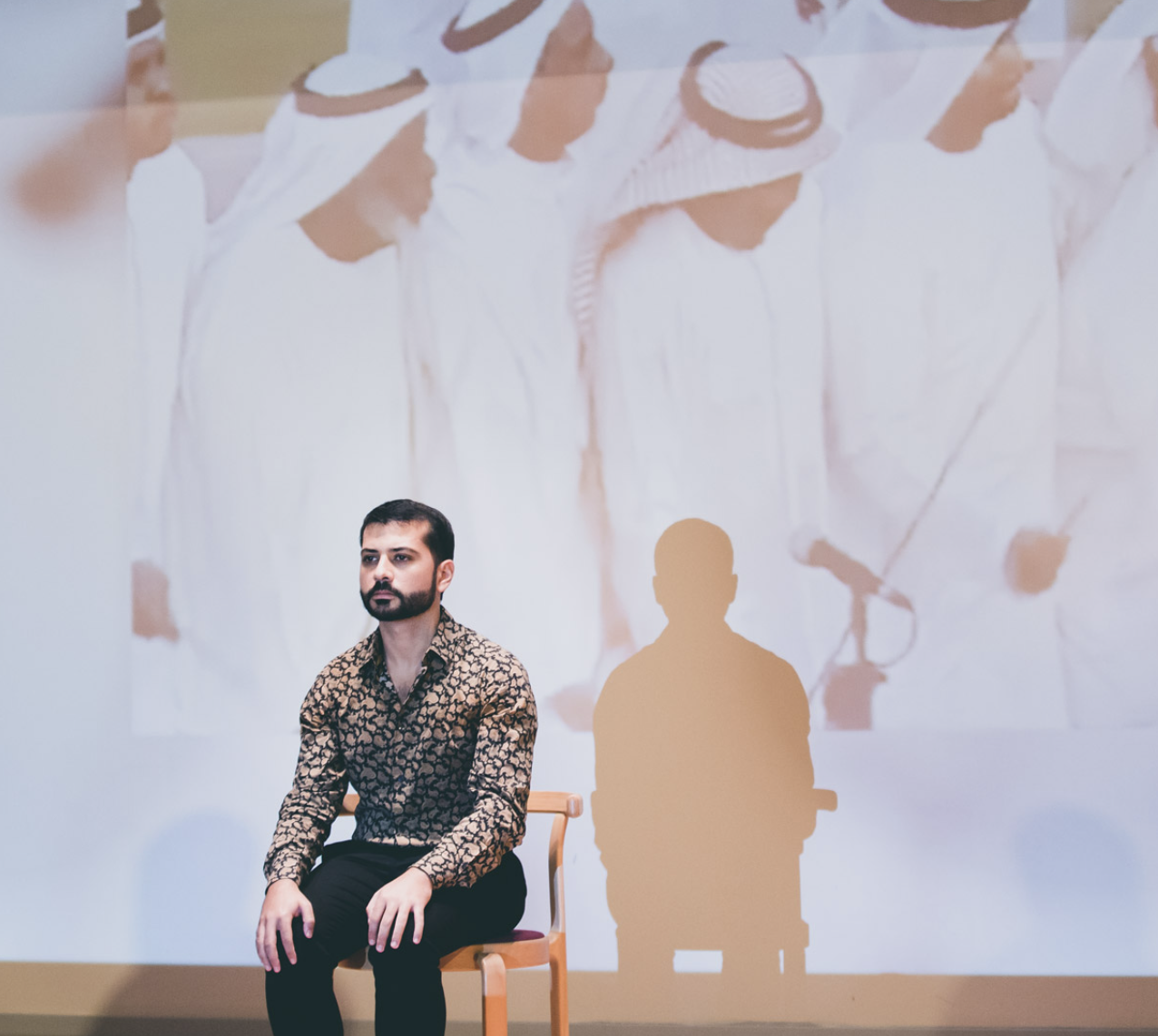
We don’t have a dancer in this country, Fernando López

At the time of the defense of his doctoral dissertation in autumn 2019, Fernando López at the Paris VIII University, on gender issues, production contexts and aesthetic categories throughout the History of flamenco dance in Spain since the 19th century , his husband had already been posted to Abu Dhabi, the capital of the United Arab Emirates (UAE). Before leaving with him in August, he had wondered what a queer flamenco dancer, philosopher and activist could do in a country where, beyond the nuances that daily life allows us to understand, gender and sexuality are completely regulated by law.
Despite this, the discovery of a small number of “traditional dances” which had been included in the list of Intangible Cultural Heritage of UNESCO (“Al-Ayyala” in 2014 and “Al-Razfa” in 2015) made me made me think that maybe he had something to discover there, especially since gender issues emerged immediately, because these dances were only performed by men with some interventions, sometimes, performed by little girls under the age of ten or twelve.
The piece that Fernando López proposes addresses both the question of “traditional” dances in the UAE (object of study) and the fieldwork that I have carried out since the summer of 2019, using various means.
The objective of this creation is to make visible the work of the dance-researcher, the desires that drive him, the practical needs that create obstacles and configure his work and the obstacles he must face, especially when field research takes place in a non-European country.
The final result of this project will have three intertwined artistic forms: a performance, a documentary film with images of traditional UAE dances as well as interviews with performer-musicians (some images of which will also be projected in the room) and a text that will include the logbook, the aesthetic and anthropological analyzes of the dances, used as the theatrical score of the piece, and the description of the creative process.











